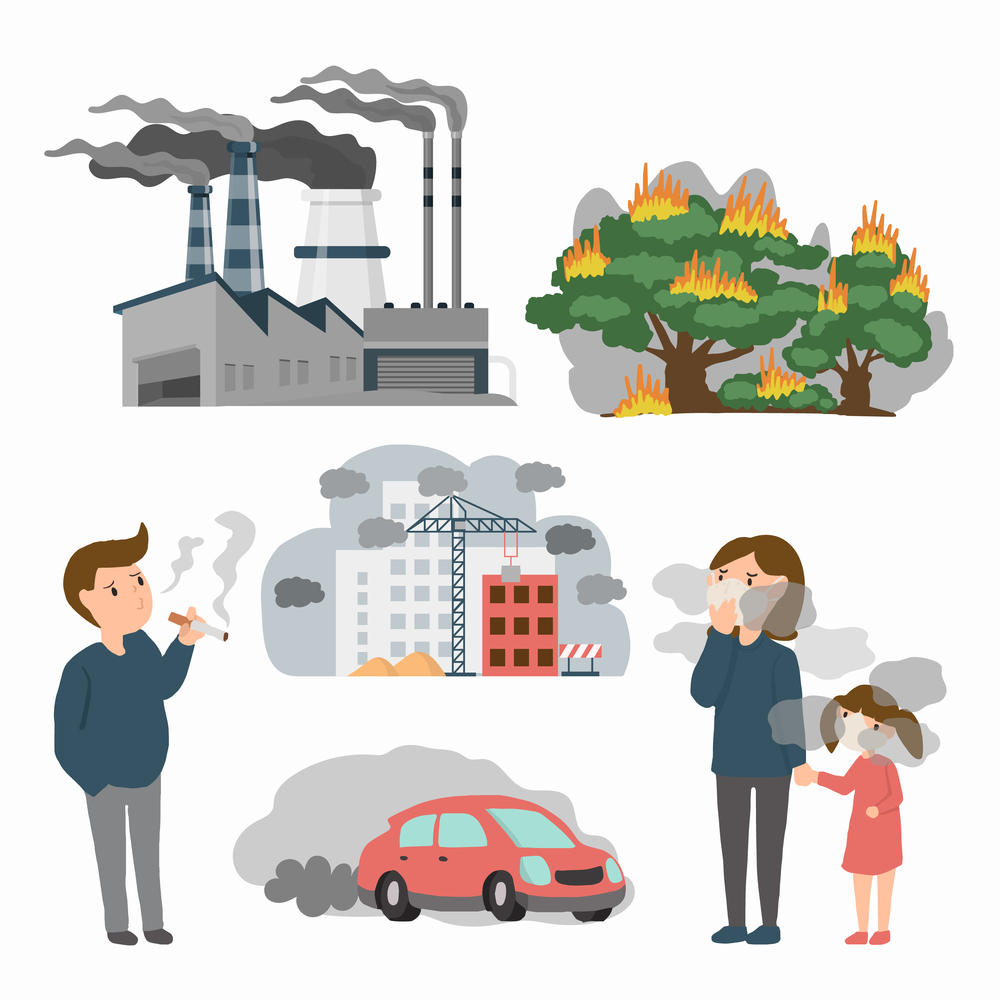Why Supply Chain Sustainability Deserves a Bigger Spotlight
Sustainability isn’t just a trend—it’s becoming a standard in supply chain management. For many businesses, the supply chain is where the largest environmental and social impacts occur. From sourcing raw materials to delivering finished products, every decision made throughout the supply chain shapes a company’s carbon footprint, labor practices, and overall environmental responsibility.
The good news? Companies now have more tools than ever to create green supply chains that are both responsible and future-ready. And innovative, refrigerated logistics solutions like Precision Reefers are paving the way for more sustainable supply chain practices.
The Reality of Traditional Supply Chains
Let’s be honest—legacy supply chain operations weren’t built for sustainability. These systems often depend on fossil fuels, inefficient logistics, and outdated processes that generate high greenhouse gas emissions, waste, and cost.
In many cases, limited supply chain transparency hides unethical labor practices and missed opportunities for improvement. Beyond emissions, factors like excessive packaging, poor route planning, and lack of supplier audits all contribute to a heavier environmental impact.
If companies want to make meaningful progress toward their sustainability goals, they need to start with the entire supply chain.
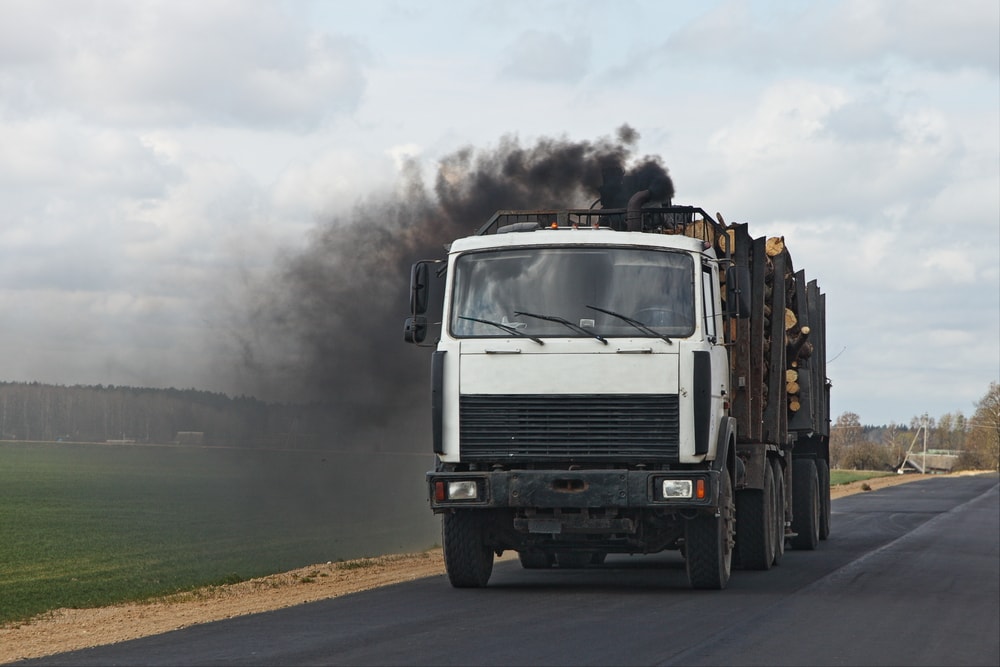
What a Sustainable Supply Chain Looks Like
A sustainable supply chain integrates ethical, eco-conscious decisions into every link of the chain—from sourcing to delivery. It prioritizes social sustainability, ethical labor practices, and reducing carbon emissions.
Here are some common strategies used by supply chain professionals looking to improve supply chain sustainability:
- Choosing sustainable materials
- Auditing suppliers to maintain high environmental standards
- Enhancing energy efficiency
- Paying fair wages and improving supplier relationships
- Increasing transparency throughout the supply chain
These actions may seem small in isolation, but together they form the foundation of a green supply chain that benefits both people and the planet.
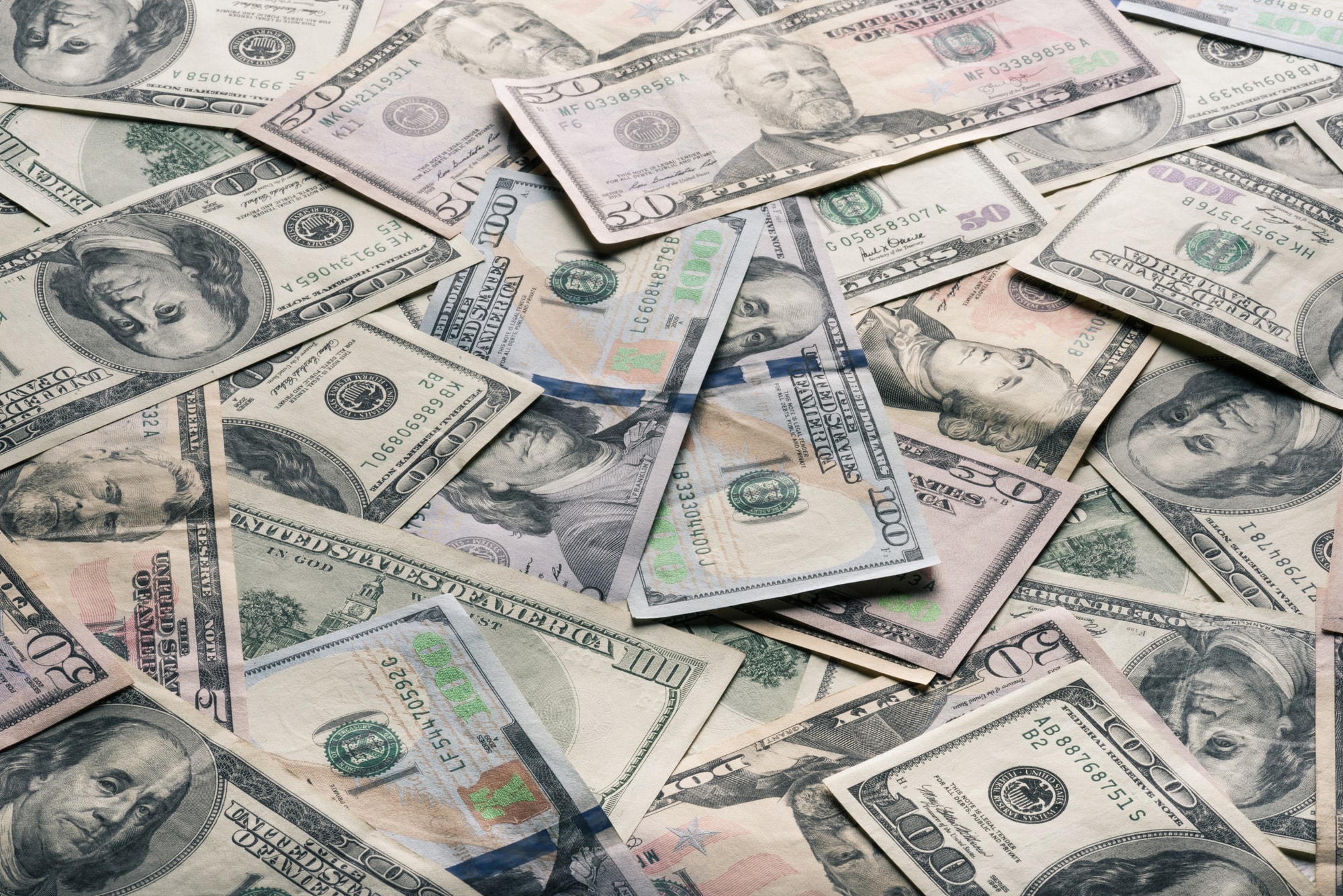
Why It Pays to Go Green
A more sustainable supply chain isn’t just good for the environment—it’s smart business.
Cutting waste, reducing energy usage, and optimizing supply chain practices can lead to major cost savings. At the same time, customers and partners are increasingly prioritizing social responsibility. Many businesses now choose to work only with companies that demonstrate sustainable business practices.
On top of that, stricter environmental regulations from organizations like the Environmental Protection Agency (EPA) make it more important than ever to stay ahead of the curve. A proactive approach lowers risk, reduces operating costs, and protects resources for future generations.
How Precision Reefers Helps Make It Happen
Precision Reefers is changing the game for refrigerated supply chains, helping companies stay responsible and ready for the future.
For carriers, their technology integrates with existing equipment—no added hardware is needed. This enables real-time reefer monitoring, temperature control, and remote adjustments. The result? Less fuel waste, reduced spoilage, and lower indirect emissions.
For shippers, Precision Reefers offers temporary cold storage using refrigerated trailers, ideal for overflow inventory or peak periods. Their platform delivers full visibility, so you can make smarter decisions and keep operations on track.
It’s an impactful way to reduce emissions, improve supply chain sustainability, and build more transparent and resilient operations.
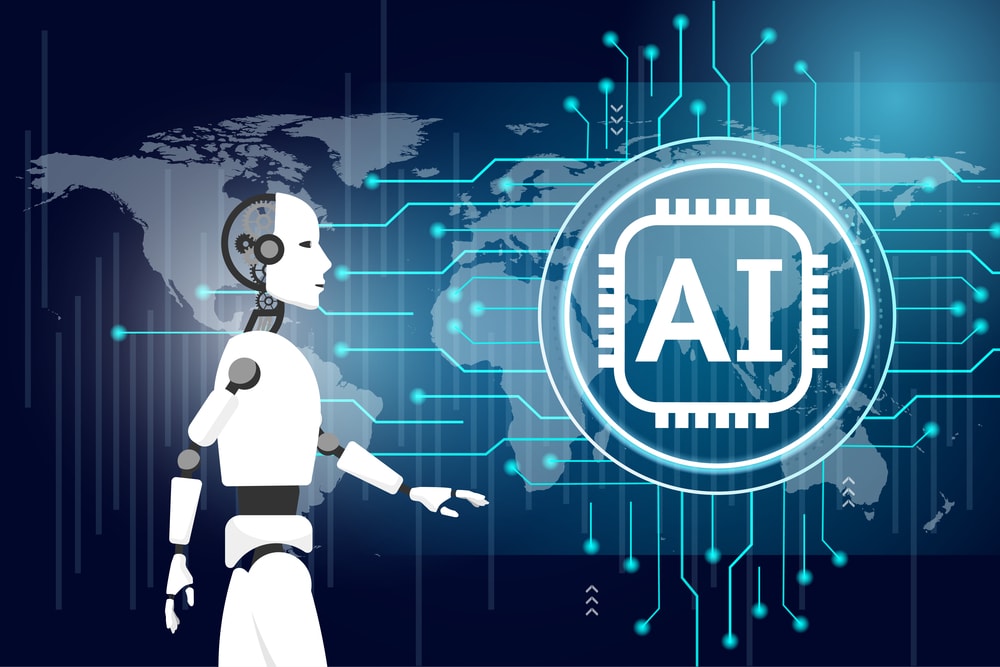
The Role of Tech in Greener Logistics
Technology is driving a new era of green supply chain management. With artificial intelligence, automation, and route optimization, companies are cutting emissions, reducing energy usage, and streamlining their supply chain operations.
Tech is also enabling more circular supply chain models, where products and packaging are reused or recycled to minimize waste. Instead of discarding materials after one use, sustainable development encourages smarter, more resource-efficient practices.
This shift isn’t just about being tech-forward—it’s about being environmentally responsible and prepared for what’s next.
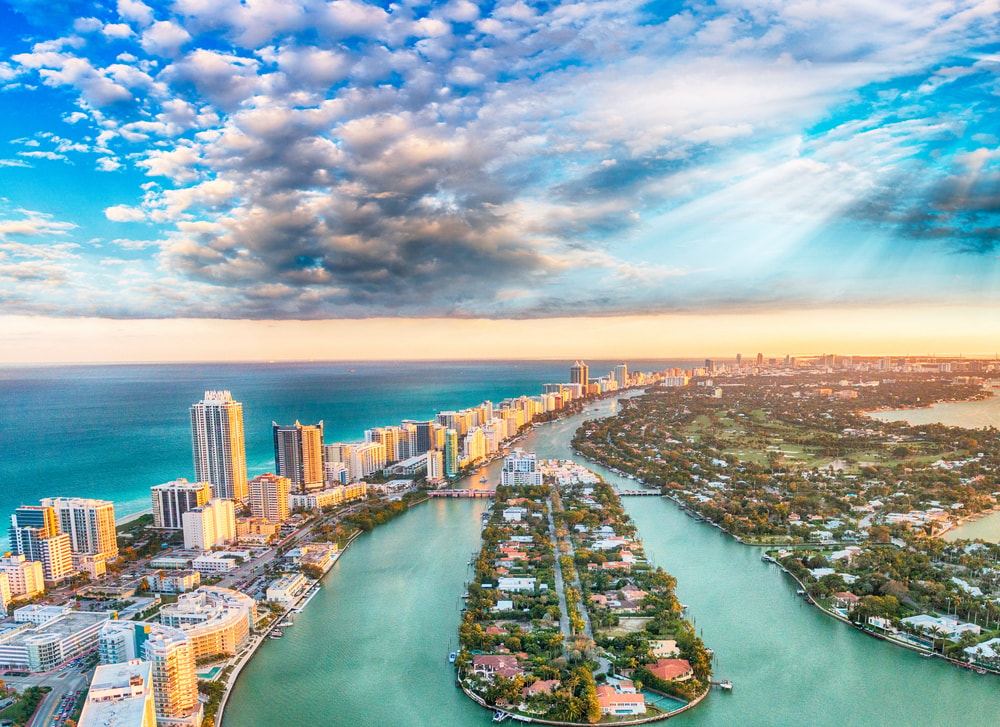
Small Steps, Big Impact
Creating a sustainable supply chain doesn’t require a massive overhaul. It starts with small, deliberate actions:
- Partner with providers who prioritize sustainability
- Conduct supplier audits
- Track GHG emissions and other key sustainability metrics
- Encourage sustainable sourcing and procurement
- Push for transparency in your first-tier suppliers
Precision Reefers makes these steps easier to take by offering practical solutions with measurable impact. Their focus on environmental and social responsibility allows supply chain teams to act with confidence and clarity.
Building a greener, more sustainable supply chain isn’t just good for business—it’s the responsible thing to do.
